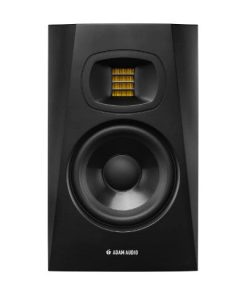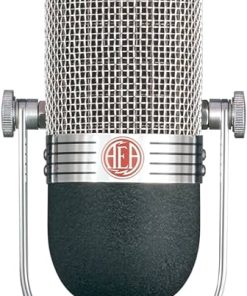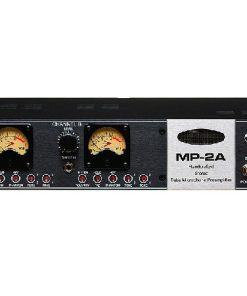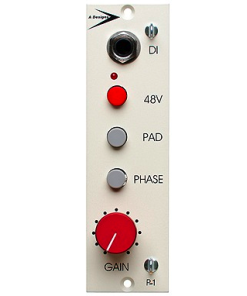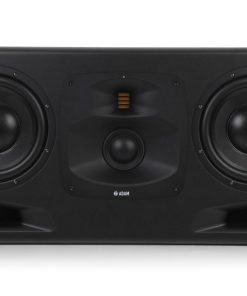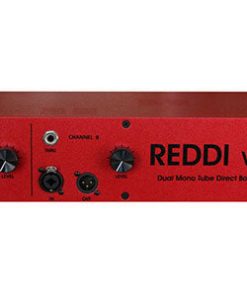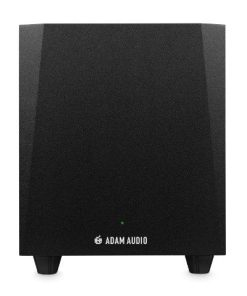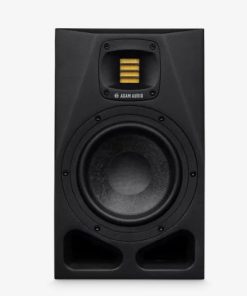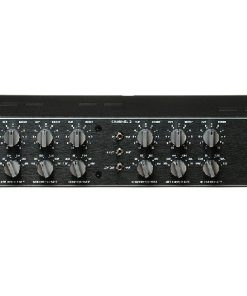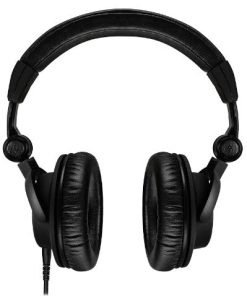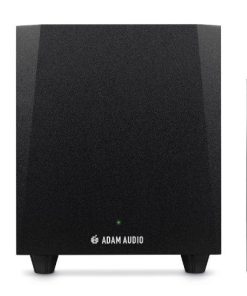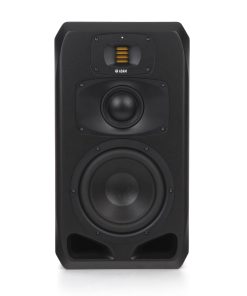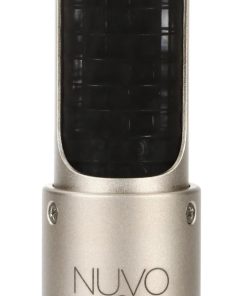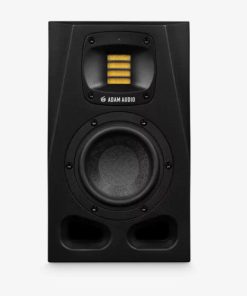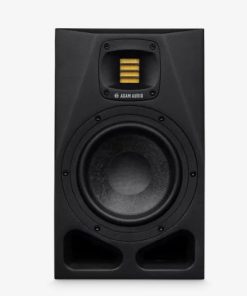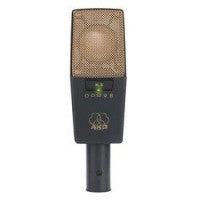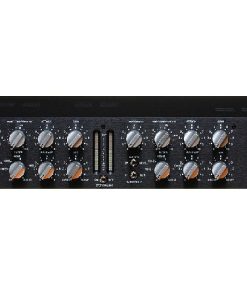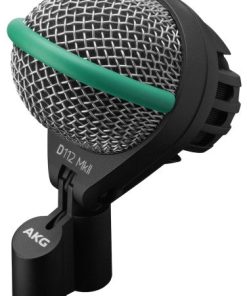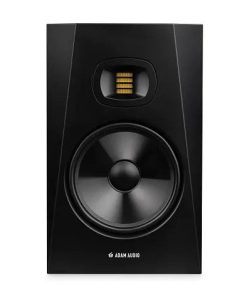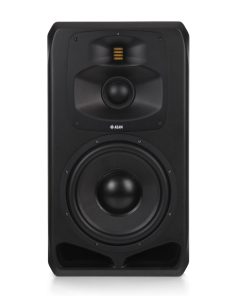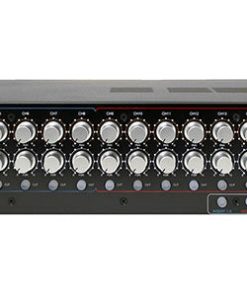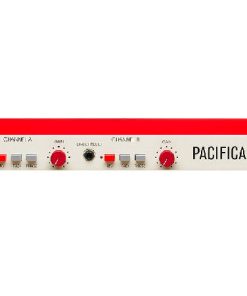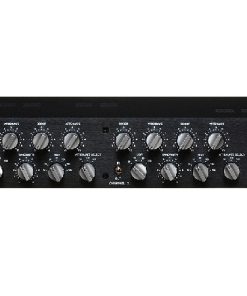SPL Phonitor One d SPL
$ 799,00 $ 239,70
The audiophile headphone amplifier
with innovative Phonitor Matrix, 32-bit DA-converter and outstanding sound quality.
NUMBER ONE IN SOUND
For us the sound is always in the foreground. When it sounds good, we like to listen. To get such a sound, you need experience and technical finesse. We have incorporated both into the Series One.
The design of the amplification stages
Two Burr-Brown OPA 2134 SoundPlus™ operational amplifiers provide the pre-amplification. These are specially designed for audiophile circuits and are characterized by extremely low noise and minimal distortion of only 0.00008%.
Thanks to a true FET stage, the OPA 2134 achieves a slew rate of 20V/µs, making it a high-speed operational amplifier. This has an immediate positive effect on the liveliness of the playback.
In addition, low capacitance film capacitors are installed in the signal path as bypass capacitors of the coupling capacitors, which ensures a more precise transmission of the high-frequency signal components.
The excellent Panasonic ‘Electric Double Layer’ gold electrolytic capacitors are used as coupling capacitors. They offer the highest storage capacity of all capacitor technologies.
The headphone output stage
Weak sound on headphones?
Not enough power?
Not here. Phonitor One d delivers a full headphone sound – and that up to really loud.
The output stage of the headphone amplifier is designed as a push-pull amplifier in class AB mode. The bipolar transistors share the amplification of the positive and negative half-waves, which produces a higher gain and a higher output voltage than in Class A operation, where only one transistor amplifies both half-waves.
The output stage transistors are thermally coupled and thus run particularly coherently, which contributes to a consistent and stable sound image.
The power supply has a buffer circuit with low source resistance, ensuring generous current reserves even when operating low-impedance headphones.
The Revolution: Phonitor Matrix
The Phonitor Matrix is the revolution in the headphone amplifier.
It enables mixing and mastering engineers to create perfect mixes on headphones, which will translate perfectly to all types of stereo speaker systems.
But the Phonitor Matrix is not only designed for professional use in the studio.
It also enables the hifi enthusiast to enjoy music on headphones, like if it was played back on speakers.
How is this possible?
Music is normally produced and mixed for playback on stereo speakers.
Listening on headphones is different from listening on loudspeakers. The biggest difference is the lack of crossing signals of the sound signal from the left speaker to the right ear and from the right speaker to the left ear.
These crossing signals are missing in conventional headphone listening, because there are no signals crossing from one side of the headphones to the other. This results in an unnaturally wide stereo stage and sound sources are not played back at their correct position in the stereo spectrum.
The SPL Phonitor Matrix can correct this false stereo image with an analog circuitry.
The Phonitor Matrix parameters
The two main parameters of the Phonitor Matrix are Crossfeed and Angle:
• Crossfeed determines the crossing signals of the channels.
• Angle determines the opening angle of the stereo image.
The “Crossfeed” parameter of the Phonitor One d is continuously adjustable via the crossfeed control.
The “Angle” parameter is fixed at the studio standard of 30°.
To perfect the listening experience, the level of the sound sources centered in the stereo image must be attenuated when the Phonitor Matrix is activated. The result is that not only the position of all sound sources is correctly located, but also their volume.
For the Phonitor One d, this parameter, which we call “Center” for the Phonitor Matrix, is fixed at a -1 dB cut, which is the best choice for an authentic representation of the soundstage.
During conventional listening on headphones, our brain can compensate a certain level of false playback representation – but this is very exhausting and leads to listening fatigue.
Summed up:
The SPL Phonitor Matrix corrects the false representation of the stereo sound image, which makes it much easier to find the right decisions for mixing and mastering engineers. The hifi enthusiast can experience the music, like it was originally mixed and recorded.
So nothing stands in the way of a successful and long mixing session on headphones.
Free choice – three stereo inputs
The Phonitor One d offers two analog stereo inputs (TRS and RCA) and one digital (USB).
A computer, tablet or smartphone can preferably be connected via USB.
Input devices with an analog output signal, such as CD players, mixers, synthesizers or an analog tape machine/tape deck, can be connected balanced (TRS jacks) or unbalanced (RCA) at the analog line inputs.
The best is just good enough – 32-bit DA-converter
Of course, no compromises were made with the converter chip either. For example, the Phonitor One d also uses the premium AK4490, 32-bit DAC with AKM’s Velvet Sound® – just like our bigger DACs.
This technology makes the finest details audible thanks to its low-distortion architecture.
It supports sampling frequencies up to 768 kHz PCM (16x CD resolution) and DSD (Direct Stream Digital) playback up to DSD4 or DSD256 (11.2 MHz) resolution.
The Phonitor One d automatically synchronizes to the sampling rate applied to the USB input. No further settings on the device are necessary.
A great connection
The USB connection is Class Compliant. This means that all Mac computers and iOS devices like iPads and iPhones can use the full performance of the DA-converter without driver installation.
iOS devices require the “Apple camera adapter”.
For Windows, a driver is only required if higher sampling rates are desired. The driver is available for download at the bottom of this page.
Line Out
Phonitor One d is not only a headphone amplifier but also a stand-alone DAC! The signal selected in the input section is output unchanged at the line output “Line Out”.
The line output has unity gain, which is a normal, unregulated output level – it is independent of the volume control for the headphone amplifier.
Thus, the Phonitor One d can also be used as a state-of-the-art DA-converter, which recommends it for a series of other tasks.
This signal can be routed to a monitor controller, for example.
Or multiple users can listen in via additional headphone amplifier (e.g. Phonitor One) connected to the Line Out.
The Phonitor One d can also be easily looped into a monitoring chain without the need for another output at the playback source.
But you can also record the signal analog or send it to a mixer for further processing.
There are no limits to creativity here.
Perfectly adjusted
At a regular listening volume, the volume control should be in the one o’clock position.
This gives you an ideal control path for listening quieter and louder.
In order to obtain an optimal control range even with very powerful headphones, the output level of the headphone amplifier can be attenuated by activating the -10 dB DIP switch.
Power Supply
Good sound always starts with the power supply. This is where you lay the foundation for the performance of the entire device. Although we “only” supply a 12 V plug-in power supply unit, the secondary power supply inside generates a voltage level of +/-17 Volts for the analog audio sections with which professional levels of up to +22.5 dB can be achieved!
Number One in Sound
With the Series One – just as with all other SPL devices – we develop not only according to plan, but also by ear from the very beginning.
Many important components are installed on the circuit boards using Through-hole technology. This way we can ensure that we can use the best sounding components.
Prompt Delivery and Professional Packaging
Our long-standing partnership with UPS FedEx DHL and other global carriers lets us offer a range of shipping services. Our warehouse staff is extremely skilled and will package your items according to our precise and exact specifications. Your goods will undergo an extensive inspection and be safely packaged prior to being sent out. Each day, we ship to thousands of customers in many countries. The fact that we are committed to becoming the biggest online retailer in the World is clear. These warehouses are in Europe in the same way as they are in USA.
Note: Orders that include more than one item are assigned a processing period depending on the item.
Before shipping, we will inspect thoroughly the items you have ordered. Most orders are shipped within 48 hours. Expected delivery time is between 3-7 days.
Returns
Stock is dynamic. It's not entirely managed by us since we are involved with multiple entities, including the factory and the storage. The actual stock can change at any moment. It is possible that your order may be out of stock once the order has been placed.
Our policy lasts for 30 days. We cannot exchange or refund your order if it has been 30 days from the date of purchase.
For your item to be returned it must be in its original packaging, unopened and in the condition you received it. The item must be in its original packaging.
Related products
Monitor
Microphones
Recording Equipments
500 Series
Monitor Systems
Microphones
500 Series
Subwoofer
Equalizers
Microphones
Monitor
Microphones
Accessories
Headphones
Monitor Systems
Microphones
Monitor
Recording Equipments
Recording Equipments
Recording Equipments
Monitor Systems
Monitor Systems
Accessories
Recording Equipments
Equalizers






